Since 2010 the Russian economy has returned to moderate growth, with the gross domestic product increasing annually at a rate of around four per cent. This trend has declined again since 2012, however (3.4 per cent), and was down to just 1.3 per cent in 2013. The inflation rate in the same year was 6.8 per cent, while unemployment was running at 5.5 per cent.
The loss of confidence that the Russian economy has suffered on account of the crisis in Ukraine, along with the economic sanctions imposed by the EU, the USA and other trading partners since July 2014 and the Russian countermeasures to these, has probably also had a dampening effect on growth. Back in June 2014, restrictions were imposed on the import of certain goods from Crimea and Sevastopol and on financial services and investments as part of the EU's active policy of non-recognition. As a reaction to the EU measures, Russia slapped an import ban on agricultural products and food from EU countries and other states in August 2014. The ban covered meat, fish, milk and dairy products, vegetables and fruit among other things.
For Trixie the Russian pet market was one of its strongest export markets, with annual growth rates of between 5 and 10 per cent, thus well above the average. Since 2014, however, sales have declined by 20 per cent compared with the previous year. "This trend is continuing into the present year," reports export manager Boy Tadsen. The downturn is due on the one hand to the weak rouble, which makes imported products expensive, but on the other to the unsettled situation, which makes people worried about the future. "There's still great enthusiasm for German brands and products, but Russian consumers can no longer shop as they have done up to now," continues Boy Tadsen. He describes the situation in Ukraine as a catastrophe, especially on the human level. "Our two export partners…

 Menü
Menü

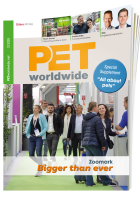



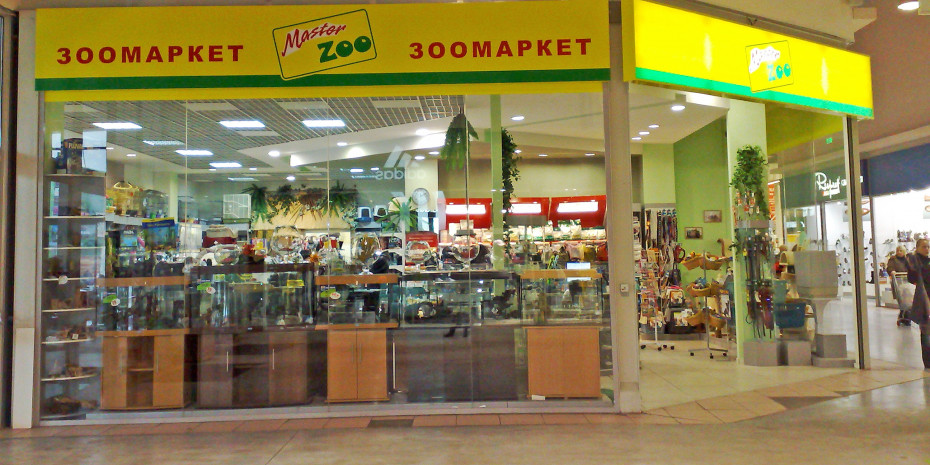


 2/2015
2/2015

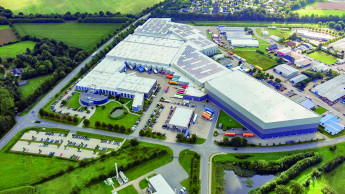
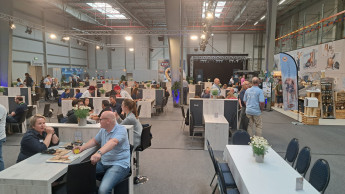
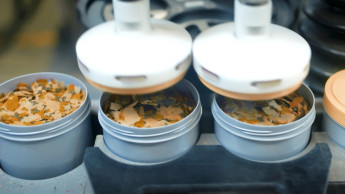


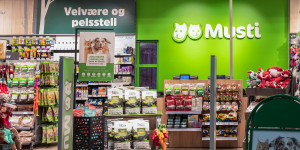
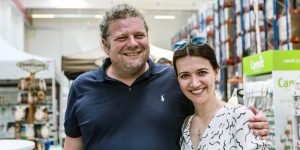
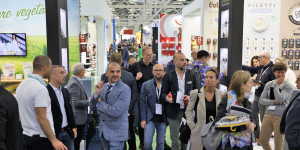

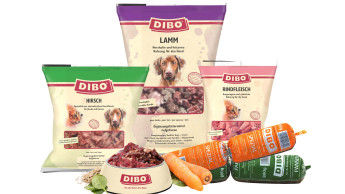

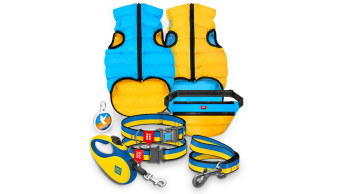
 Newsletter
Newsletter